CORRUPTION OP-ED
A return to the values of the Constitution can change the trajectory of our nation’s story
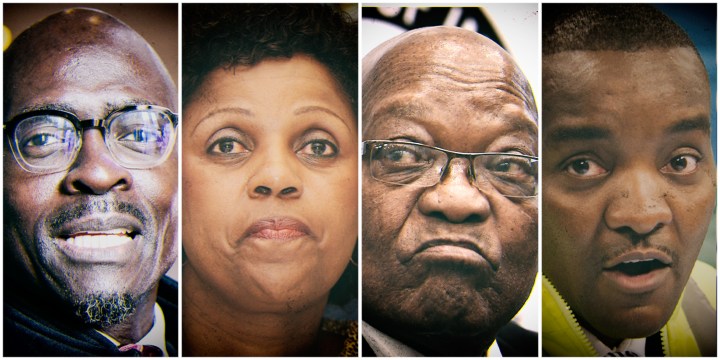
A colloquium held on 22 June 2023 at the CSIR Convention Centre looked back on the years of State Capture and corruption and the hearings that exposed it in all its seediness and filth, but in the main, it focused on the future and how we can ensure that, as we move forward, we embrace an arc towards justice.
‘I’m quite sure that corruption has no place in a constitutional democracy. It deprives people of services they are entitled to, and we have to find mechanisms and ways to stop it or bring it to the absolute minimum.’ – Chief Justice Raymond Zondo
In his new book, Zondo at Your Fingertips, Paul Holden identifies eight ways in which the Zondo Commission changed South Africa:
- Resources were deployed in ways not matched since the Truth and Reconciliation Commission.
- It exposed a political reality that cannot be obscured or denied.
- The Zondo Commission was truly, globally unique.
- It was a really powerful centralised node to draw in various investigative capacities of the state.
- State Capture was located in South Africa’s political dynamics.
- There are concrete results.
- It was an act of unparalleled and quite radical transparency.
- The commission’s approach to civil society was a breath of fresh air.
Besides acknowledging these significant changes and calling for State Capture perpetrators to be brought to book, we must go even further to build a state and society that puts people (and the planet) at the centre.
A state plays a key role in shaping political, economic and social life, and in guiding its developmental trajectory. In the past decade, in particular, the South African state has faced several challenges that have frustrated its objective of building a democratic and inclusive society.
Looming large in recent years, the revelations of State Capture have cast a dark shadow on the capacity of the state as a whole to ensure a better life for all who live in South Africa. This has called into question the legitimacy of the state – as well as that of the Constitution – and led to diminished trust in democracy and the constitutionally established institutions meant to uphold democracy.
Turmoil within South Africa’s governing party, the African National Congress (ANC), and the shift towards coalition politics – possibly playing out as a national outcome of the 2024 elections – have complicated the nation’s political landscape and raised additional questions about the configuration of the South African state and society at large.

A tired boy during a joint ministerial visit to Dakota informal settlement in Isipingo near Durban after a devastating fire that left hundreds displaced on 18 April 2023. (Photo: Gallo Images / Darren Stewart)
The state has struggled to cope with the ongoing socioeconomic impacts of the pandemic, the Eskom crisis, low economic growth, alarming levels of youth unemployment, poor delivery of basic services, gender-based violence and femicide, gangsterism, a global rise in food, water and energy security and increasing conflict across the world.
These developments have exposed deep-seated and systemic problems with which we must grapple, along with continued corruption and the uncomfortable presence of its perpetrators still occupying positions of influence and power.
We cannot afford to be complacent or to lose hope.
The Constitution
Our hope, I believe, still lies in our Constitution; not only a legal document but a testimony to transformative thinking and aspirations underlaid by values and principles that we should all hold dear. Loose talk of a Constitution that has failed us, of democracy that has failed us, is quite frankly disingenuous and dangerous.
South Africa needs a mass campaign by civil society organisations, businesses, the media and political organisations – “we, the people” – to increase knowledge and understanding of the role of the Constitution in order to thwart the campaign by the corrupt, the incompetent and populists to blame the Constitution for our socioeconomic ills.
The HSRC-administered South African Social Attitudes Survey has shown that there is a profound lack of knowledge among South Africans about the Constitution.
Organised business should introduce educational programmes about the Constitution in company induction and learning programmes. Basic education on the Constitution should also be introduced to all public and elected officials.
Finally, the Constitution should also be introduced at Early Childhood Development, primary, high school and tertiary education levels. Greater awareness and knowledge about the Constitution will boost ownership among all South Africans of the country’s foundational and supreme law.
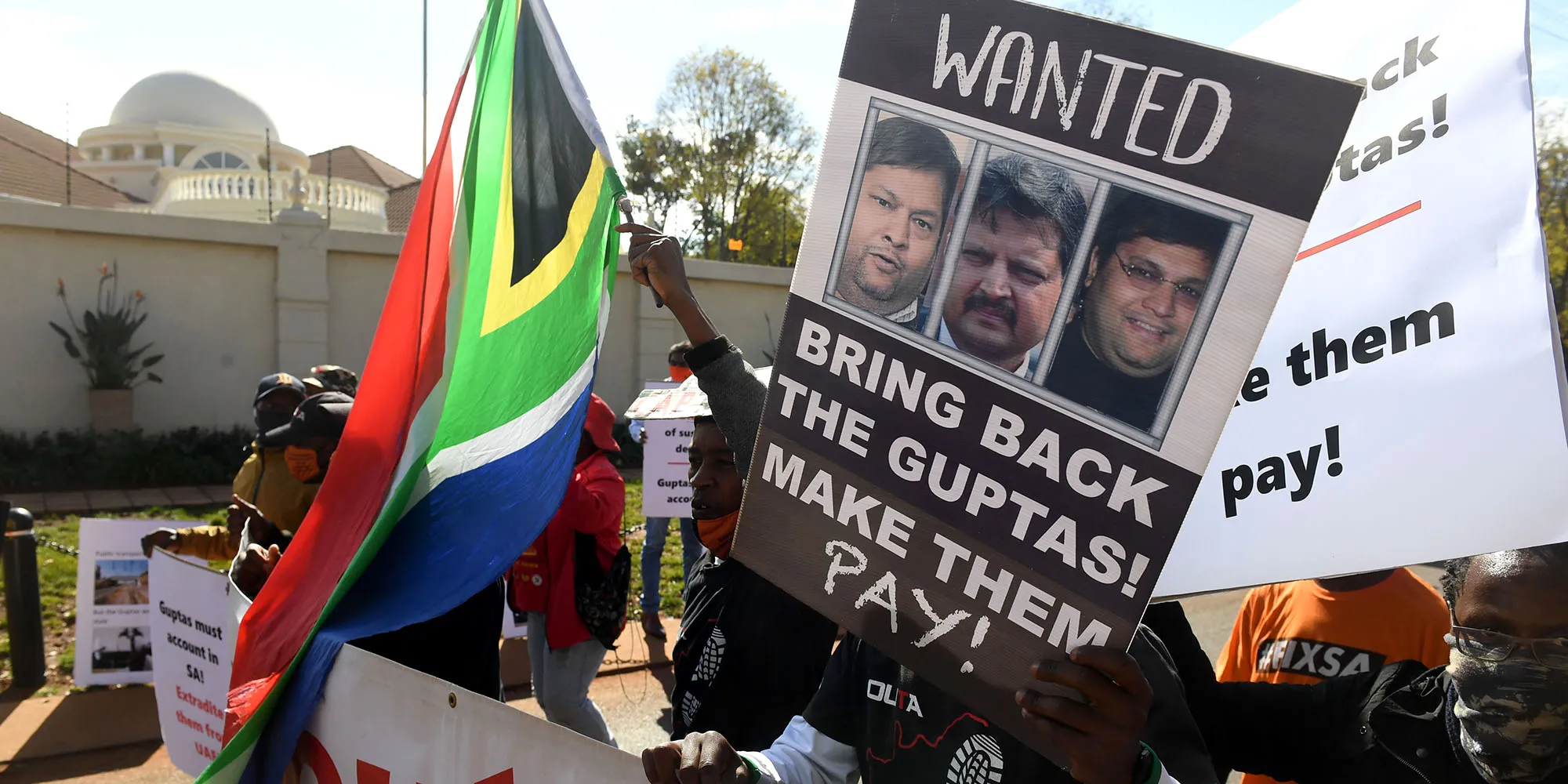
Residents protest outside the United Arab Emirates Embassy in Pretoria on 10 June 2021, calling for the speedy extradition of the Guptas. (Photo: Gallo Images / Beeld / Deaan Vivier)
Chief Justice Zondo and the commission were able to do their work precisely because the Constitution provides an enabling framework for such endeavours. Clearly, for those who wish to pillage and plunder the coffers of the state, the Constitution is a hindrance. Let it remain so.
As the late Justice Ismail Mahomed wrote so beautifully:
“The South African Constitution… retains from the past only what is defensible and represents a decisive break from, and a ringing rejection of, that part of the past which is disgracefully racist, authoritarian, insular, and repressive. A vigorous identification of and commitment to a democratic, universalistic, caring and aspirationally egalitarian ethos is expressly articulated in the Constitution. The contrast between the past which it repudiates and the future to which it seeks to commit the nation is stark and dramatic.”
It is inexorably the future which occupies our minds today – one that is starkly and dramatically different from our past.
A constitutional and values-based approach to preventing State Capture and corruption
There is a need for South Africans to actively cultivate a value system that rewards honesty and discourages dishonesty. In the long term, one of the best antidotes to State Capture and corruption is to foster the values of the South African Constitution – dignity, equality, freedom and ubuntu – across society and adhere to its democratic principles.
Marrying a values-based approach with a rules-based approach offers a new take on anti-corruption efforts. Taking a values-based approach doesn’t mean that we do away with rules; rather, it ensures that we use a broader set of tools to connect with people in ways that shape behaviour and drive more effective and ethical decision-making, thereby dramatically reducing the potential for the use of public office for private gain.
In his pioneering 1977 book, “Servant Leadership”, Robert Greenleaf drew a distinction between two types of leaders: the leader first; and the servant first. Greenleaf asserts that leader-first people are “into leadership because of their hunger for power or other material and personal gain… Servant-leaders are committed to the needs and well-being of those they serve; the servant-leader is more concerned about public interest than self-interest.”
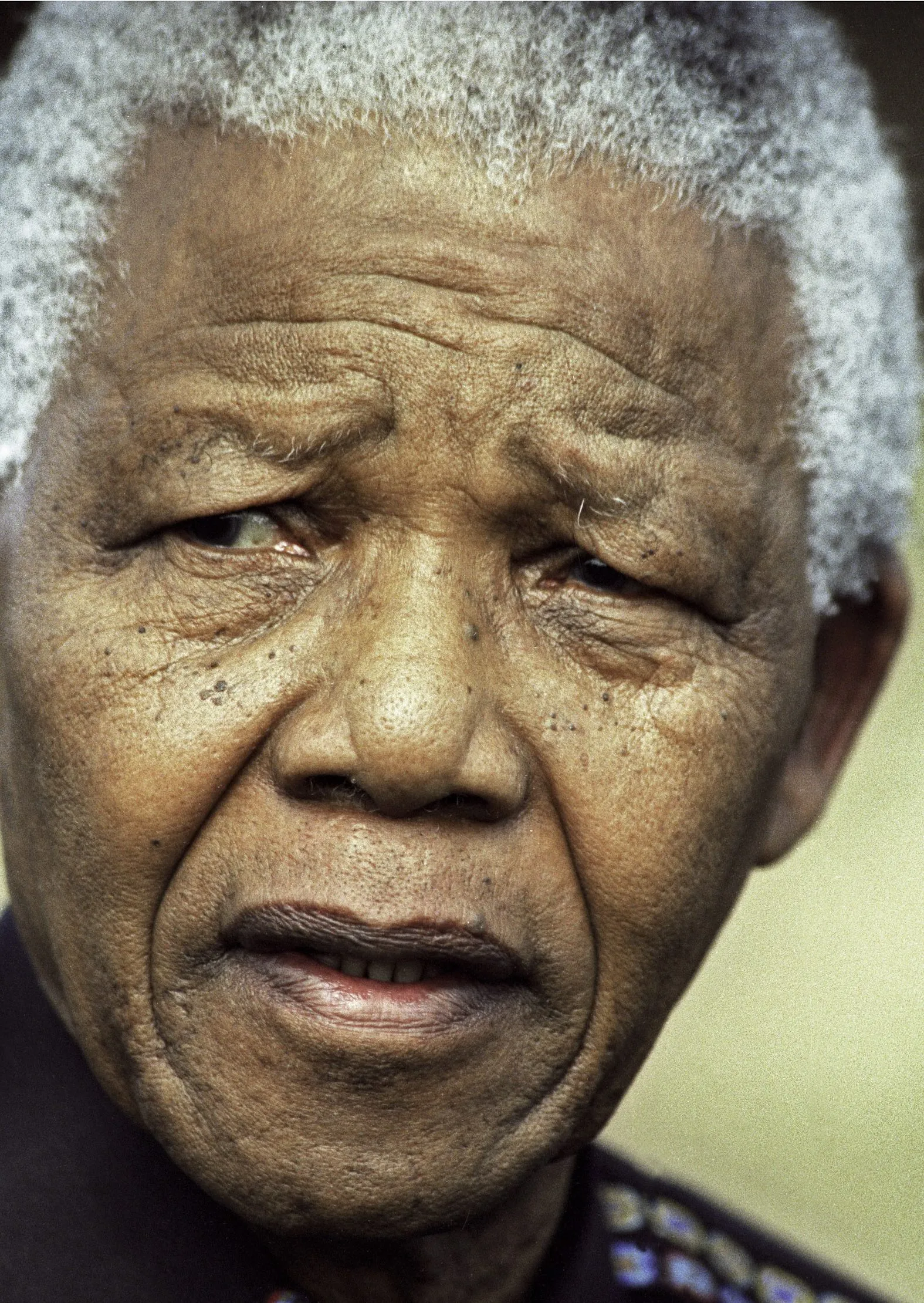
Servant leader: Nelson Mandela. (Photo Greg Marinovich)
In South Africa, the late struggle icon and Nobel Peace Prize winner, former president Nelson Mandela, was highly regarded as a servant leader because of the humility and “people first” philosophy that he embodied.
The concept of servant leadership – underpinned by integrity and a quintessentially ethical approach – is indispensable in the public sector, where public office bearers are placed in a position of trust and must therefore demonstrate the ethical and moral fortitude to satisfy the needs of the people by putting people’s interests first.
Besides values and ethics, we need to build and reward integrity. If we conclude, as many do, that a lack of ethics and integrity is the root cause of corruption, then it is important to define integrity.
Integrity is personal; it is a character trait and not a generality applied across society. Integrity is different from what we call ethics, which has external rules and beliefs, checks, balances and consequences for non-compliant behaviour. Integrity and ethics are close relatives; however, one is individual, the other societal or communal.
Integrity is epitomised by honesty and consistency in doing the “right” thing according to one’s values, beliefs, and principles, even when no one is watching.
What does this mean for anti-corruption efforts?
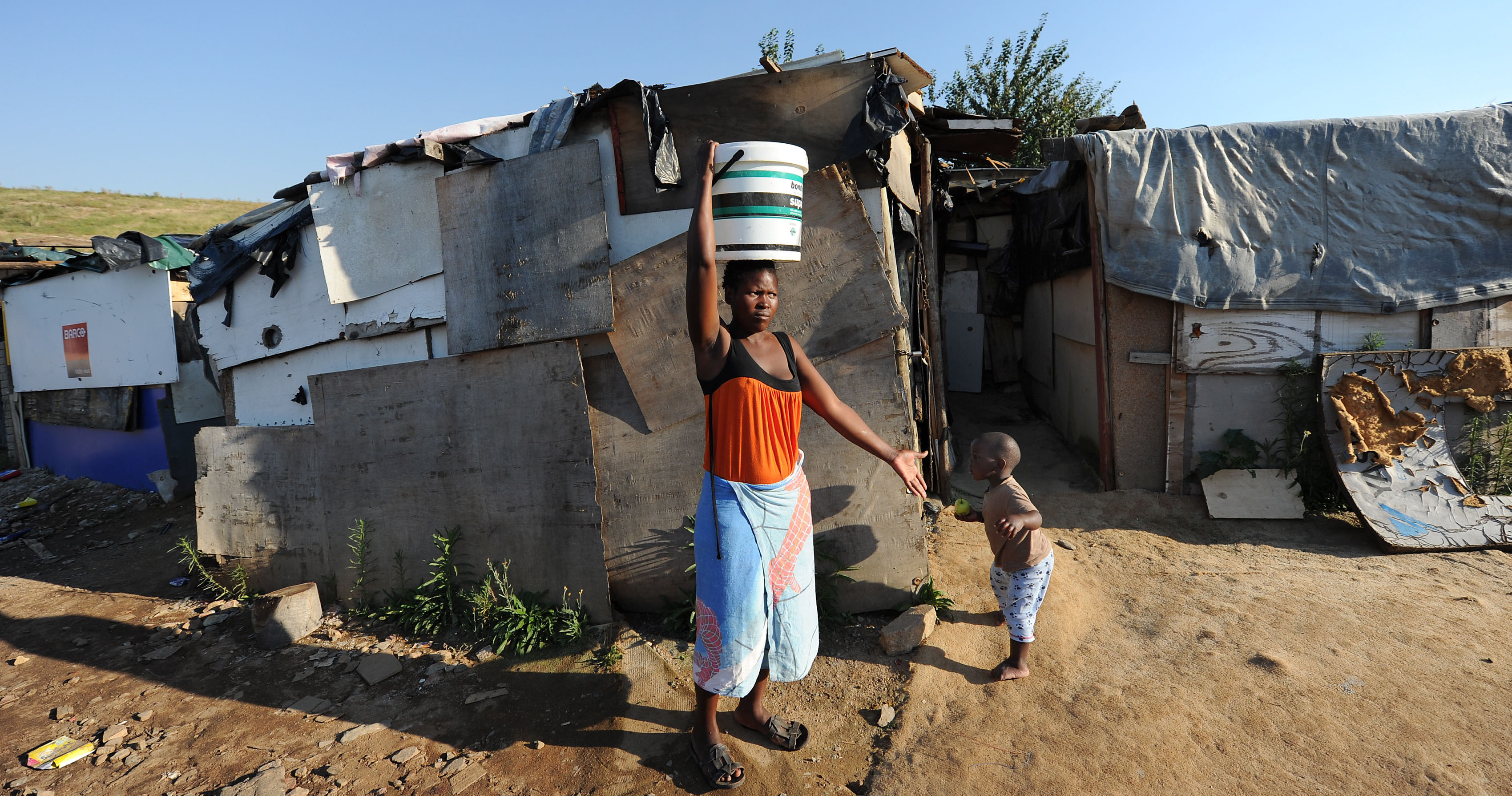
Bongiwe Saia carries a bucket of water home in Kya Sands, an informal settlement in Johannesburg. (Photo: Gallo Images / Foto24 / Felix Dlangamandla)
To mainstream integrity, there must be a common set of rules, values, beliefs and principles that can be applied in ethically driven public and private sectors.
Anti-corruption laws and commissions, codes of conduct and similar initiatives will not in themselves effectively reduce corruption if ethics and integrity are not present. CJ Zondo expresses this as follows:
“Some people help thieves steal our money… they steal Mr Dlamini’s money, Mrs Mofokeng’s money, Mrs Matlala’s money. Tax money that should be used for the public good.”
We need the Constitution not only to guide conduct but also to be internalised if we are to succeed in rooting out the perpetrators of State Capture and corruption.
In volume after volume of the Zondo Commission reports, we find evidence of so-called “leaders” who lack integrity and flout constitutional values and principles. The names are there for all to see. Self-serving, callous, politically motivated, manipulative and greedy individuals who have caused immeasurable harm to other individuals and institutions and society at large.
Many did not care about the harm they caused, while others stood by and watched or actively facilitated the looting of state coffers at the expense of the public.
Should such “leaders” remain in office, we remain vulnerable to all the conduct exposed in the four years of the commission’s hearings.
Thus, besides strengthening institutions, introducing codes of conduct, promulgating or amending laws, and setting up new commissions and investigations, we need to seek out ethical and servant leaders who act with integrity and lead by example.
And this starts with how we teach our children to care about others, about their communities and society; how we teach our youth how to read and understand our Constitution and the Freedom Charter and to move away from rampant consumerism and greed.
We must counter anti-constitutional rhetoric, address dysfunctionality in our public and private relationships, dismantle patriarchy, eradicate racism and sexism and continue to gather evidence about how to build a compact based on social justice – including through such dialogue with one another as we have had today.
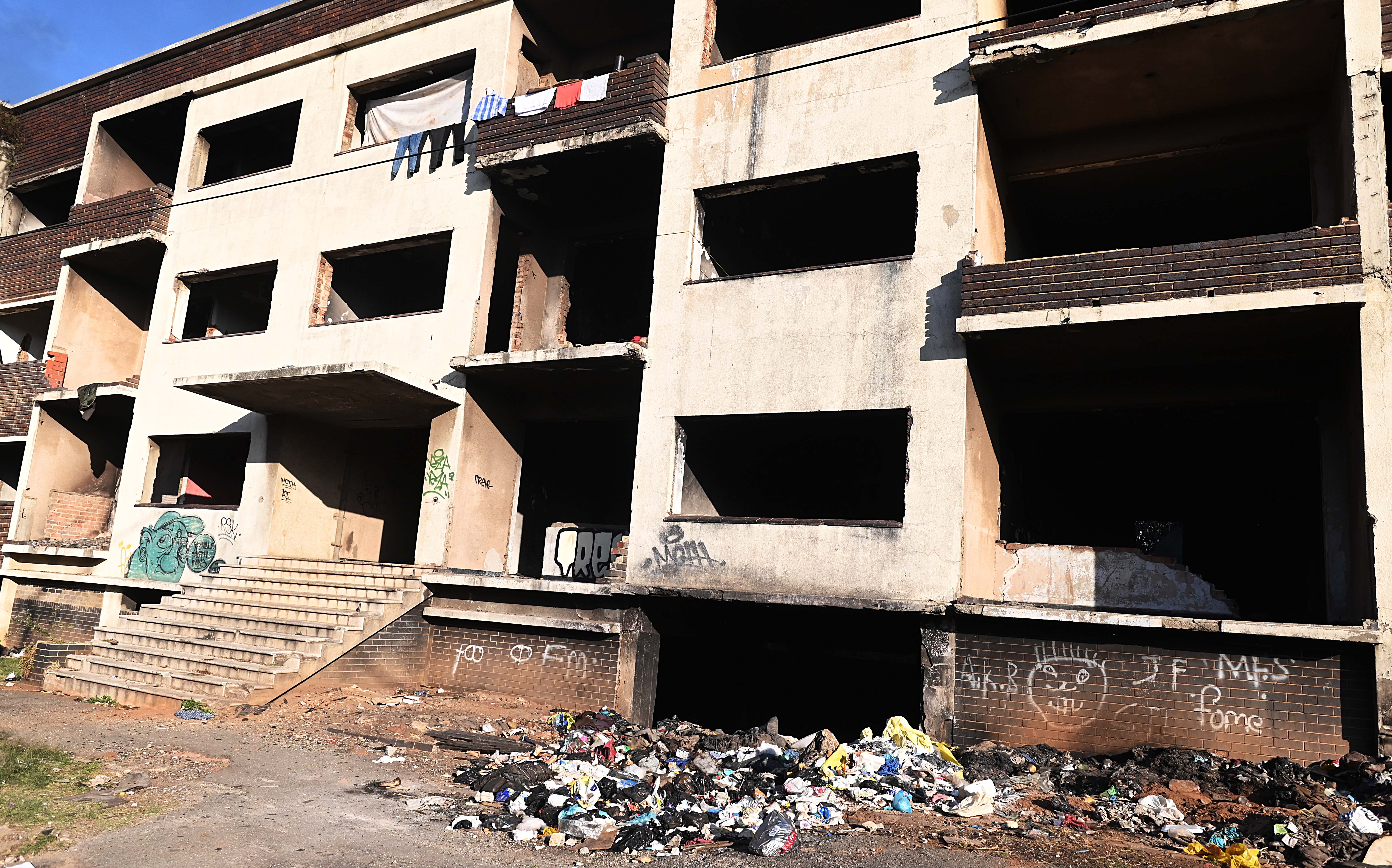
A derelict block of flats in Yeoville, Johannesburg on Friday, May 12, 2023. Besides a dysfunctional water supply, the area has many other service delivery issues including potholes, crime and dilapidated infrastructure. (Photo: Leon Sadiki)
We need to rebuild support for the Constitution as a living document that enables us to thrive as individuals and as a nation.
That starts with developing servant leadership as an aspirational value and as a role to be admired. We need to celebrate leaders and icons who model that approach to life.
It is difficult to ask people to aspire to ethereal/abstract/idealistic values when so many face daily struggles for survival. That is why we need ethical servant leaders from all parts of society – people who demonstrate that it can be done, fostering hope…
I end with a quote from our gracious programme director and author of the book, “Days of Zondo”, Ferial Haffajee:
“I found the Commission both a horror and an honour to cover. It formed part of the arsenal in the fight for freedom from corruption. And as a great man taught us, it’s always a long walk to freedom; while another reminded us that the arc of the moral universe is long but it bends towards justice.”
Martin Luther King’s arc that bends towards justice conjures up images of a better future, one in which populism does not thrive, one in which rampant nationalism and fascism are kept at bay.
The tireless work of CJ Zondo and the commission has shown us the beginnings of this long arc – it is up to us to ensure that it does indeed bend towards that which is just and good. DM
Narnia Bohler-Muller is Divisional Executive for the Developmental, Capable and Ethical State research division of the Human Sciences Research Council.



















Comments - Please login in order to comment.